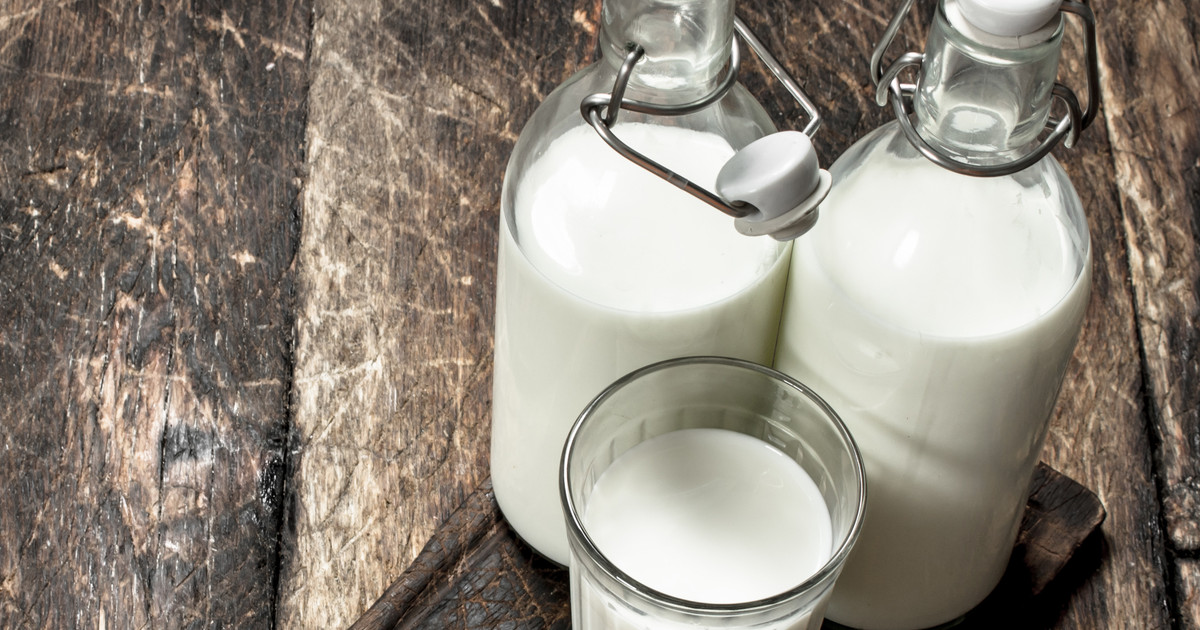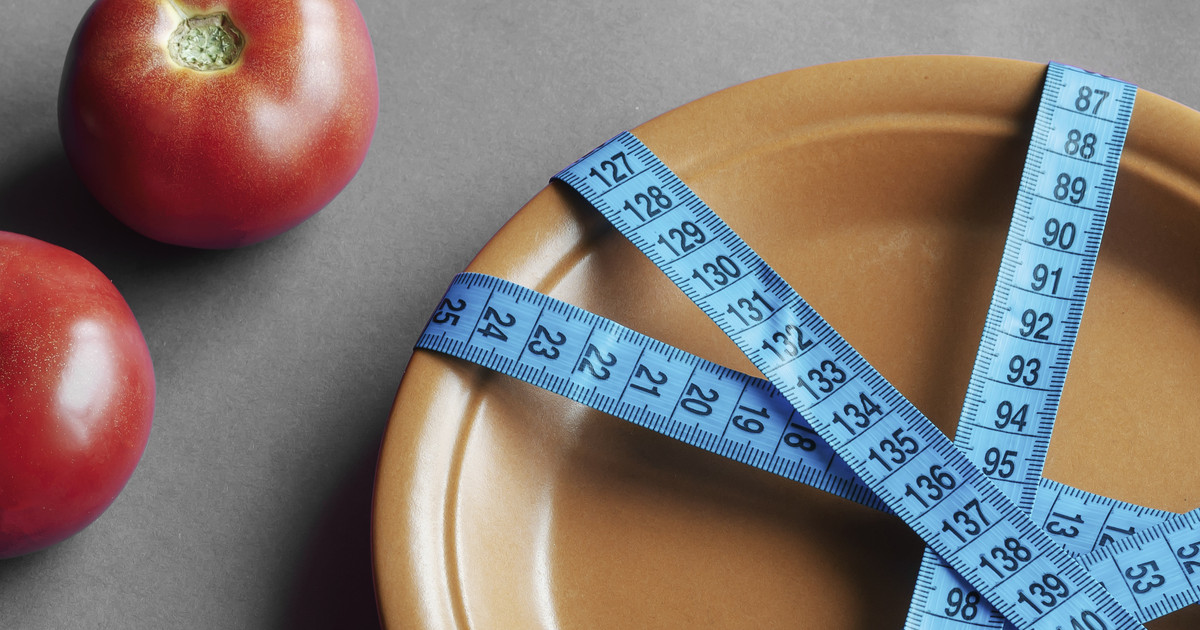Potential Dietary Advice For Preventing Crohn's Disease Flare-Ups
Eat Smaller Meals More Frequently
It seems as if the majority of individuals only eat three large meals a day. This may not be the right course of action for individuals with Crohn's disease. Some research appears to indicate that the size of the meal is just as influential on flare-ups as the nutritional content of the food. In other words, patients may experience Crohn's disease flare-ups more often if they eat three large meals a day. Thus, Crohn's disease patients may wish to consider eating smaller meals more frequently. It appears that the most common example of this is three small meals and two snacks. Patients may eat a small breakfast, then a snack mid-morning, followed by lunch. They may then have an afternoon snack before their dinner.
Patients may want to use a measuring cup for their food. However, this does not appear to be necessary. It seems that patients can use their fist to judge the size of their meals. Patients may want to keep a food diary when they start this. It may help them to record what food they eat and when. The food diary should also include what symptoms they experience and when. This should help patients and their doctors pinpoint trigger foods. They may be able to adjust the diet better as a result.
Get more information on possible ways to prevent Crohn's disease flare-ups through dietary choices now.
Limit Dairy Consumption
Lactose intolerance appears to be common among Crohn's disease patients. This seems to mean that they cannot break down lactose properly. Thus, they may not be able to digest some dairy products. Eating foods that are not fully digestible may trigger Crohn's disease flare-ups. It may even trigger the development of the disease. Many dairy products also appear to be high in fat. High-fat foods also seem to be hard for Crohn's disease patients to digest properly.
Thus, individuals with Crohn's disease may want to limit their dairy consumption. This likely includes milk, butter, cream, cheese, and margarine. Skim milk and low-fat cheese may be appropriate substitutes. There also seems to be low-fat versions of most dairy products. However, suppose individuals are also lactose intolerant. In that case, they may need alternatives such as soy cheese, almond milk, coconut milk, soy milk, and rice milk.
Discover additional options for a Crohn's disease diet that may prevent flare-ups now.

